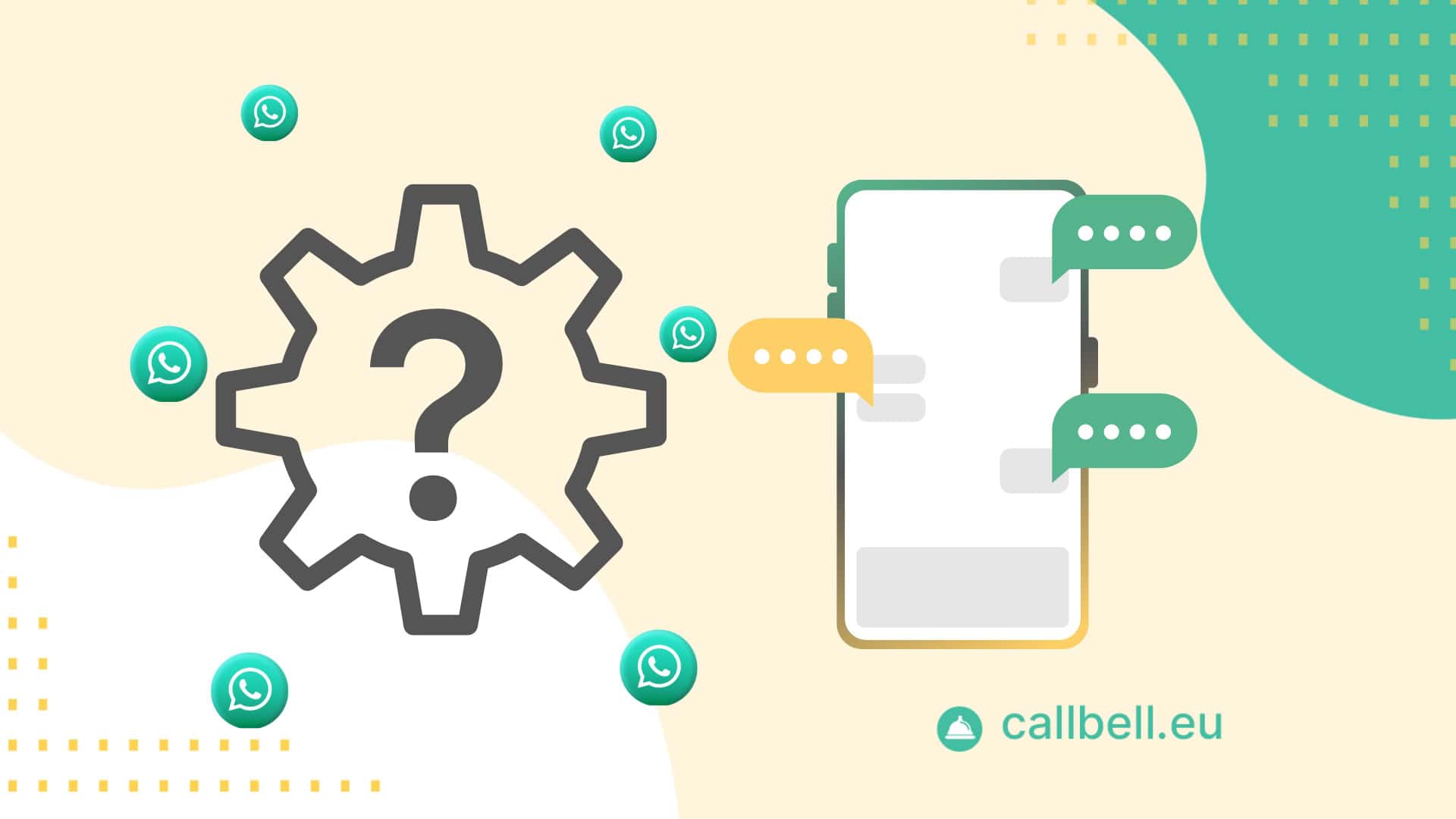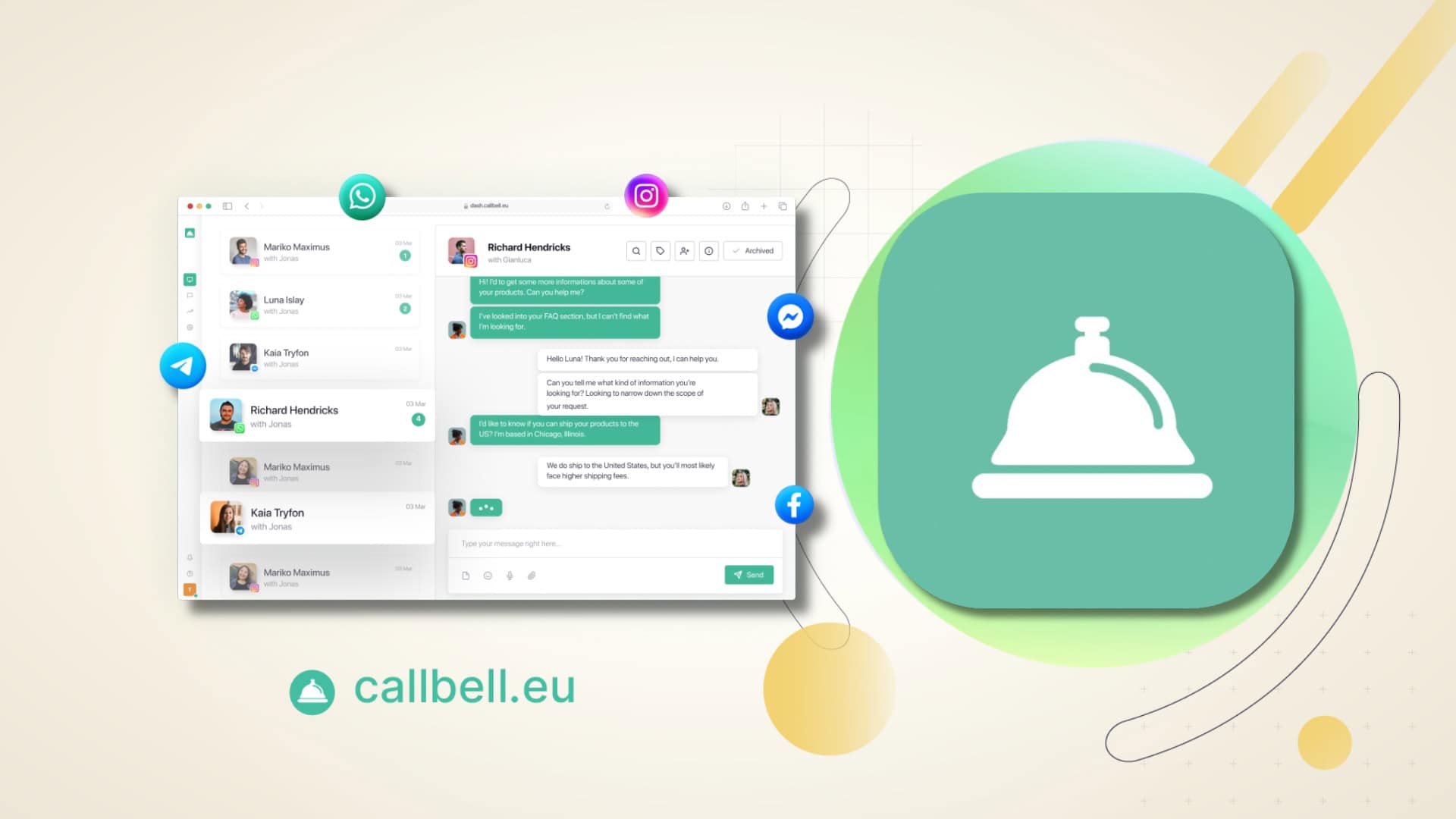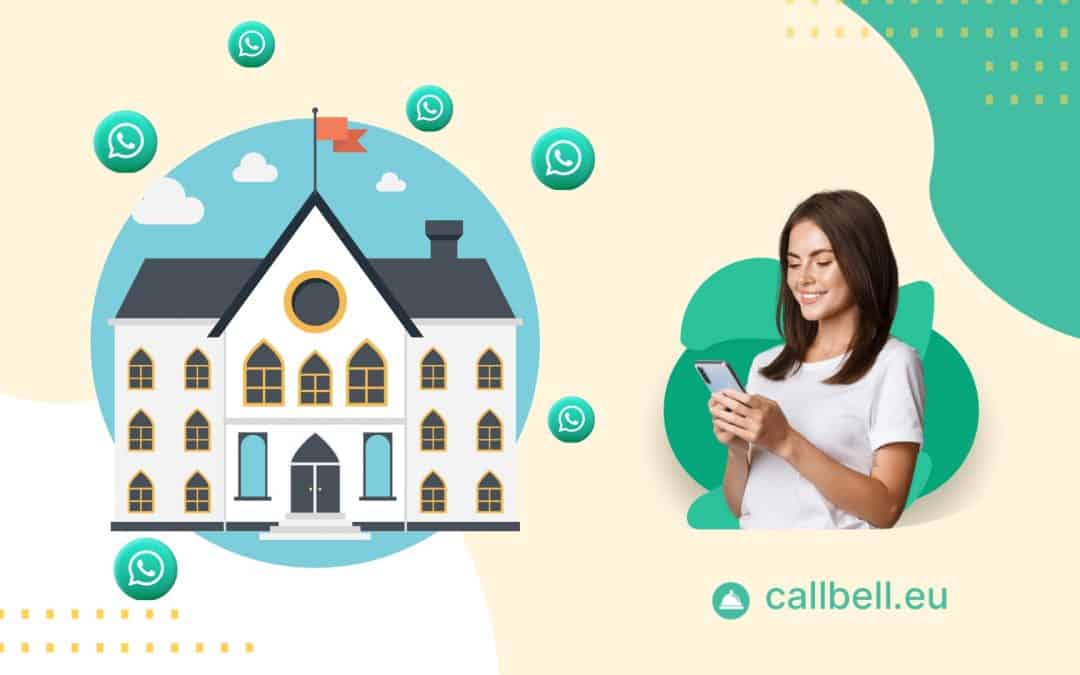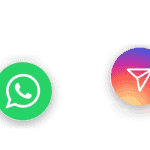Over time, WhatsApp has been one of the most important apps in the world of online communications, leading many companies, businesses and public institutions to use it to sell their products, services or interactions with customers. It is now a tool widely used by companies in order to offer support and information to those requesting services.
Virtually everyone has chosen to update the way they communicate with people, modifying and modernizing processes thanks to the use of WhatsApp. This is why we decided to write and share this article with you in order to show you the use of WhatsApp also for public institutions, openly recommending the best tool on the market, namely Callbell.
WhatsApp has gone from a simple instant messaging app to a truly complete platform, counting more than 3 billion users worldwide with a large percentage active daily. This immense growth demonstrates how capable it is of adapting to the needs and customs of its audience, remaining relevant in the digital world which, as we well know, is always evolving.
Over the years, WhatsApp has become the favorite app for interacting and asking for information on services and products. Likewise, the institutions themselves have also decided to adopt this tool, starting to develop strategies to implement their communications.

In order to use WhatsApp within public institutions, government bodies need to use BSP apps to configure and control the environment in different sectors.
In this case, we want to talk to you about how institutions can use WhatsApp with the ultimate goal of serving users who are using Callbell.
Callbell is a tool developed mainly to allow all companies to offer sales or support to their customers with the help of social media (Instagram Direct, Telegram, Facebook Messenger or WhatsApp itself).
Its platform presents features developed specifically for the company, with a metrics section in which you can control everything, also having the possibility of activating automatic routing, capable of assigning conversations, an internal chat between agents, the derivation of conversations, chatbots to automate, CRM for databases, broadcast messages in one place.
Now that we have a more complete picture, let’s proceed with the steps to use WhatsApp in public institutions.
1) First of all, institutions must create a Callbell account by clicking here.
2) You will then need to connect the WhatsApp Business API. Follow this guide so you can do it the right way.
3) Once the WhatsApp account is connected, simply add the people who will form the teams of the different departments. For example, if we are considering a police institution, we will add all the officers responsible for responding to emergencies, creating departments depending on the severity.
Callbell will then divide the chats by type and severity, depending on the information provided by the person, starting an automatic conversation with the agent in question.
4) After creating the teams and adding the people, we can act in different ways to improve the user experience: activate the CRM to have a database, use funnels to divide conversations into types, send useful information via broadcast, generate chatbots capable of responding automatically and much more.
WhatsApp is a messaging app capable of offering innovative solutions to all government systems around the world. In fact, by using it, governments are able to promote citizen participation, increasing the ease and efficiency of the processes involved. It is absolutely normal that the latter take advantage of the app to spread useful information, important news, receiving requests from citizens in real time.
Send critical announcements, emergency alerts and news via WhatsApp
Governments need to send many real-time updates, news and communications to their citizens. This includes various reasons relating to health, work, new legislation, important notices.
One of the best advantages regarding WhatsApp for public institutions lies in the possibility that governments have to create contact lists segmented by location, economic and social situation, etc. also sending broadcast messages to selected groups. These actions ensure that all information reaches the specific group, maximizing the efficiency of administrative processes.
Send information in real time via WhatsApp
It is truly critical for governments around the world to maintain rapid and efficient communication. This means that they need technology to be able to launch communications that have a real impact on society, transmitting messages read and listened to by all users, always in real time and without any problems.
Can you imagine a government speaking to you directly from WhatsApp?
It is not a dream, but reality. Through dedicated helplines, governments can provide personalized assistance to all citizens.
And what does this mean?
1) Answers to all your questions or concerns: Not sure how to move forward on a procedure, service or program? The government responds to you quickly and precisely.
2) Simplified processes: Forget about cumbersome and slow bureaucracy. Carrying out the procedures using WhatsApp will make everything faster and more immediate.
3) Complaint Solutions: Providing the necessary support via WhatsApp is ideal for addressing problems in some sectors.

As you can see, WhatsApp is also useful in public institutions, thus capable of obtaining control over communications and the rapid dissemination of information. That is why we recommend using this app in this environment too.
Furthermore, we want you to try Callbell as a WhatsApp BSP so that you can manage conversations, as specified above. If you want to test the app in your public institution, click here.
About the author: Hello! I am Alan and I am the marketing manager at Callbell, the first communication platform designed to help sales and support teams to collaborate and communicate with customers through direct messaging applications such as WhatsApp, Messenger, Telegram and Instagram Direct




